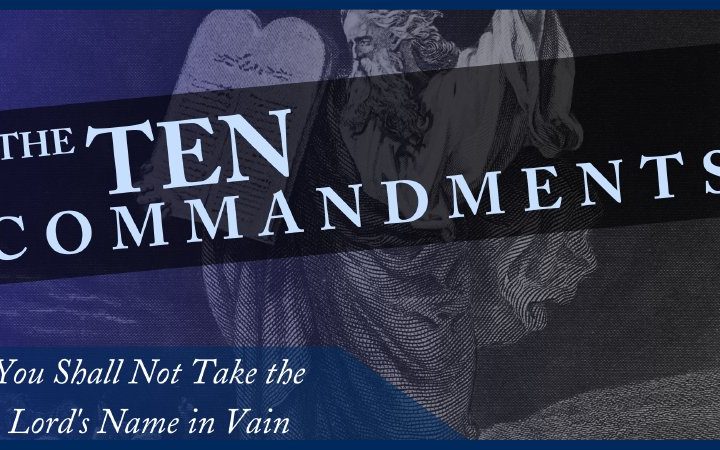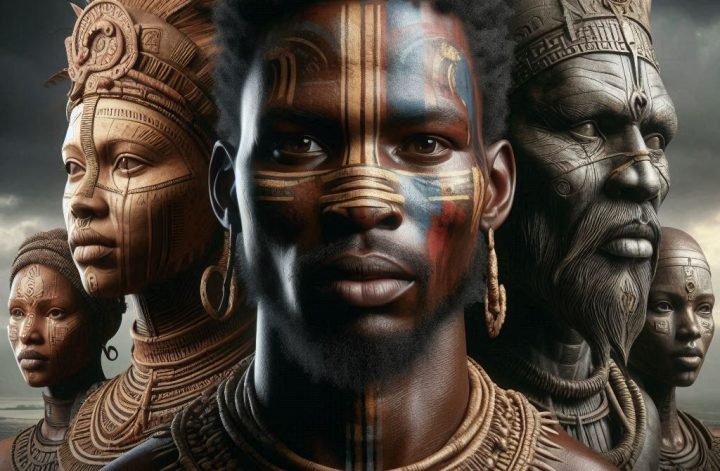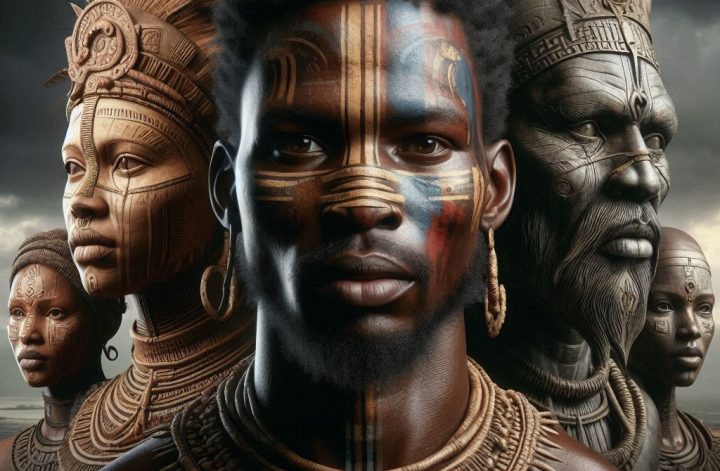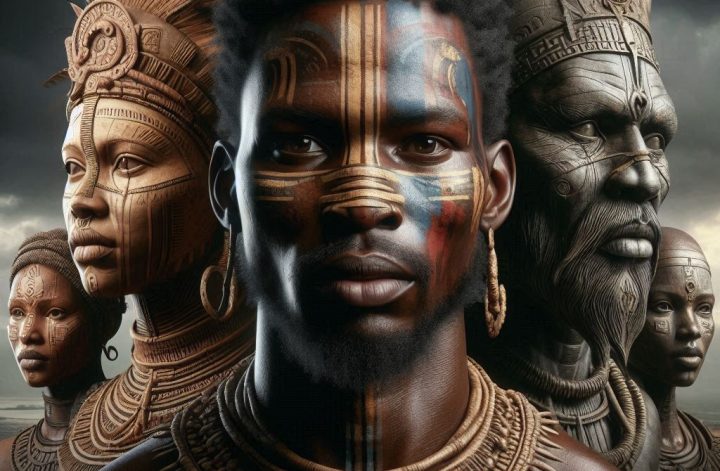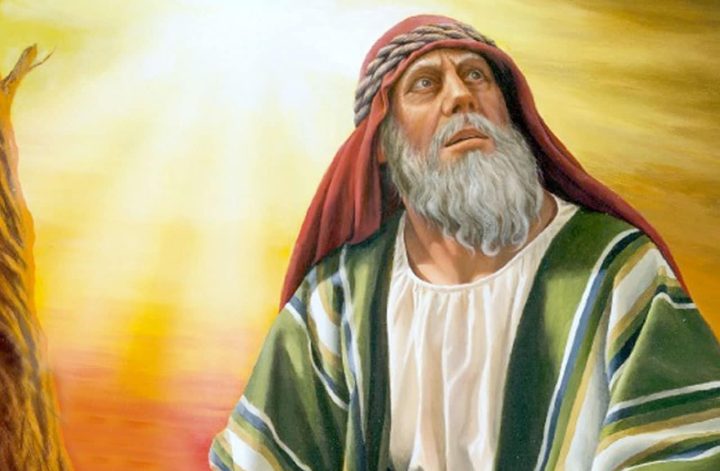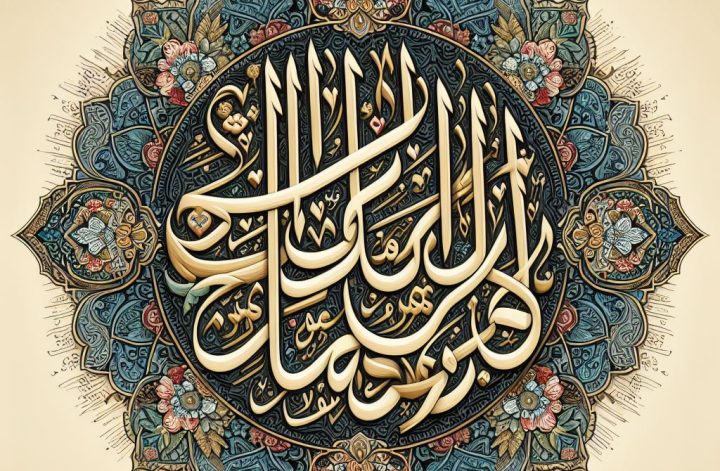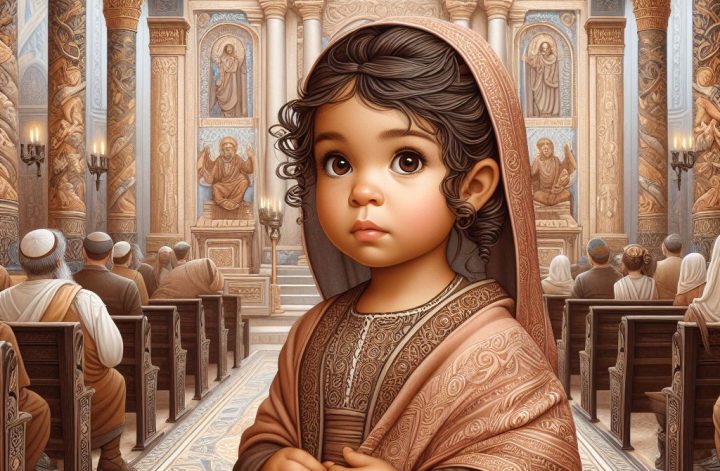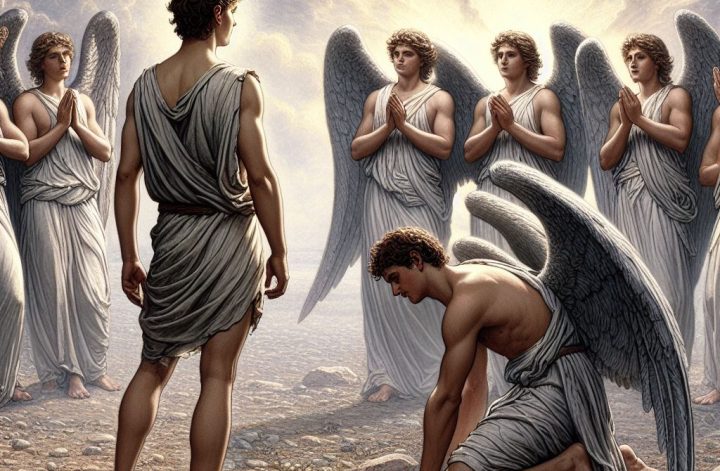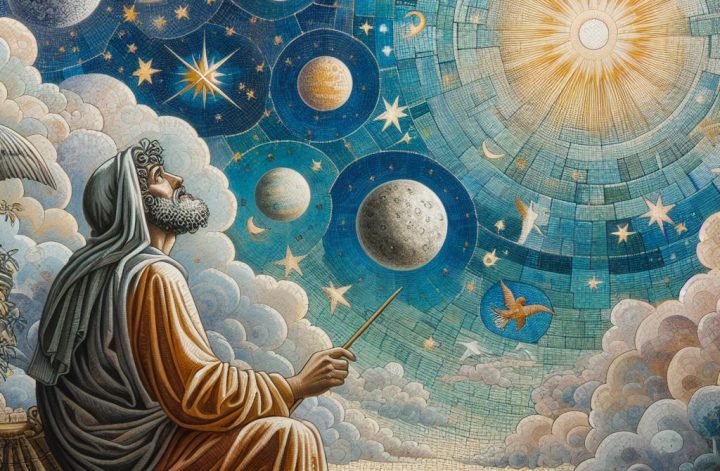Scholars have long known that the first 11 chapters of Genesis are an extended prologue, an etiological grounding, among other things, of the accounts to follow. The very next chapter features the calling of Abram. Why did the calling of Abraham become necessary?
Genesis begins by narrating how God, wanting to make creatures that can image him, prepares a fitting environment. He then brings humans into the picture and gives them instructions to live by – instructions they are capable of performing. However, other forces are apparently vested in God’s project. Before long, the project was derailed, while only two humans were in the project. Things only got worse. By the time four named humans were in the project, there was a murder. It went further down from there.
What was God to do — scratch the project altogether? No, that would be a resounding victory for the sinister forces. Start afresh? Yes, but not quite from ground zero. So, in a sense, the restart is a continuation. Abraham would have to do.
What is Abraham’s qualifying attribute for this mission? The most noticeable feature is that he was childless, and his wife was past the age of childbearing. The reader should remember that God needed a people and chose a waterless vessel for that mission. In other words, God has picked someone who would require a miraculous intervention to get the project back on track. He said to him:
Genesis 12:2 ESV
And I will make of you a great nation, and I will bless you and make your name great, so that you will be a blessing.
Of course, becoming a great nation implies having many children and descendants. Sounded like a good deal to Abram, and he obeyed. While he was on his way to where God sent him, at the oak of Moreh, and as if to make the point transparent:
Genesis 12:7 ESV
Then the Lord appeared to Abram and said, “To your offspring I will give this land.” So he built there an altar to the Lord, who had appeared to him.
Again, Abram is assured that he will have children of his own. This in itself, especially from Abram’s perspective, is a major blessing. It is worth stressing that before God called him, Abram was already a man of considerable material wealth (Gen 12:5). Of course, the rich can become richer. My point is that Abram was not a church rat when he was called – and I should clarify that imagery; I do not mean modern-day church rats. And as far as we know, he didn’t tithe or invoke any divine giving-and-receiving law to acquire his wealth. He seemed a regular, shrewd, Near-Eastern businessman. For emphasis, I repeat that Abram did not sow any seed before God told him he would inherit the land of the Canaanites. The only thing Abram at this point had given God was his obedience to leave Haran.
Besides what Abram already had in Haran before Yahweh called him, the first material blessing that we read about was when Pharaoh treated Abram well because of Sarai (Gen 12:10-20). Notice however that this was a cunning and evil move: Abraham gave up his wife for sexual exploitation to save his life! Put another way, the seed Abraham sowed to reap material gains here was his wife. Hence, whatever the pharaoh gave Abram was likely expected dowry. This is a clear indicator that Abram wasn’t called because he was morally upright. Indeed, he would soon sleep with a slave girl, an act that likely would be a case of rape had the girl not been an enslaved person, who was likely 60 years younger. And when she became pregnant, Abram would let Sarai send her away.
Even the famous encounter with Melchizedek does not teach anything about seed sowing, as I have written about elsewhere. In that encounter, Abraham gave a tenth of the spoils of war once to Melchizedek and gave the rest out to his men and the king of Sodom. He didn’t give out a dime of his own wealth. So, Abraham didn’t accrue material wealth through his encounter with Melchizedek.
So, God chose Abram in spite of Abram. He chose him to bless him with his own children and prosper his business. More importantly, God chose Abram so that he might become a blessing (12:3). Put another way, Abraham would become a vessel through whom all people would be blessed. What sort of blessing did Abraham become for the world?
According to the argument of Galatians, the promised Holy Spirit came through the lineage of Abraham. You see, Abraham had material wealth – but that was not the blessing he was to become to the world. The blessing Abraham was for the world was that through him, a people would be miraculously established through Isaac and would lead to Jesus. That’s the real blessing Abraham became. That’s the argument of Galatians:
Galatians 3:8 ESV
And the Scripture, foreseeing that God would justify the Gentiles by faith, preached the gospel beforehand to Abraham, saying, “In you shall all the nations be blessed.”
Paul here says the gospel of Jesus, fully revealed in Paul’s time, was preached beforehand to Abraham. That gospel message is this: “In you shall all the nations be blessed.” What nations? The nations whose stories were covered in the Table of Nations (Gen 10) and whose language God confused in Genesis 11. Every nation outside of Abraham’s lineage. God miraculously gave Abraham a family in the hope of using a descendant of that family to fix the problems Adam unleashed under the influence of sinister forces. That was always God’s plan. When God started afresh with Abraham, he engineered a solution for the nations. It wasn’t an abandonment.
The Gentiles (or the nations) were always going to be accepted by faith – by putting their trust in the faithfulness of God and his Messiah. And when they do, they will receive the Spirit of Jesus as a deposit guaranteeing things to come in the coming age. This, ultimately, is Abraham’s only relevant blessing.
As if to connect the dots, one of the first things the Spirit did upon breaking into human hearts in Acts 2 was a reversal of what happened at the Tower of Babel just before Abram was called. At Babel, the people’s languages were confused, so that they couldn’t understand one another (Gen 11:7-9). In Acts 2:5, first, “there were dwelling in Jerusalem Jews, devout men from EVERY NATION UNDER HEAVEN.” These were descendants of Jews exiled all over the nations for their disloyalty. God would collect them first before collecting the rest of the world. (That’s what’s meant by the Gospel being for/to the Jews first, and then the Gentiles.) Next, all these people who then spoke the languages of the corners of the world they came from heard the Spirit-enabled Galilean disciples of Jesus speak their various languages! This is just the reversal of the events at Babel, which finally precipitated the calling of Abram.
Abraham’s blessing to the world is Jesus.

